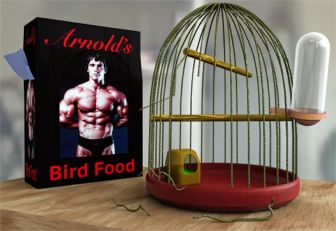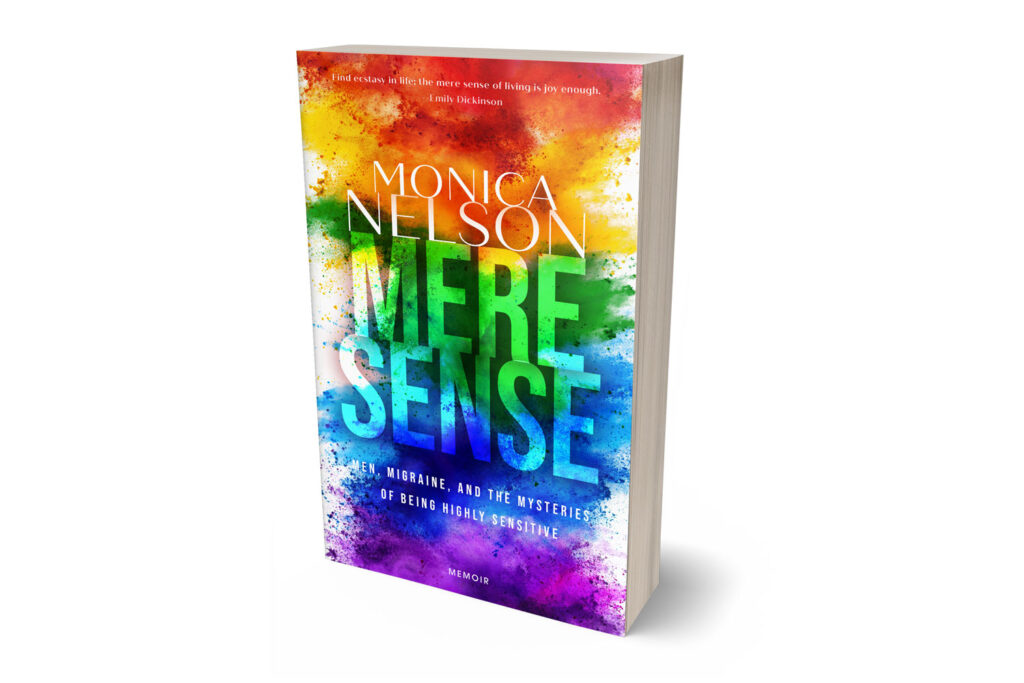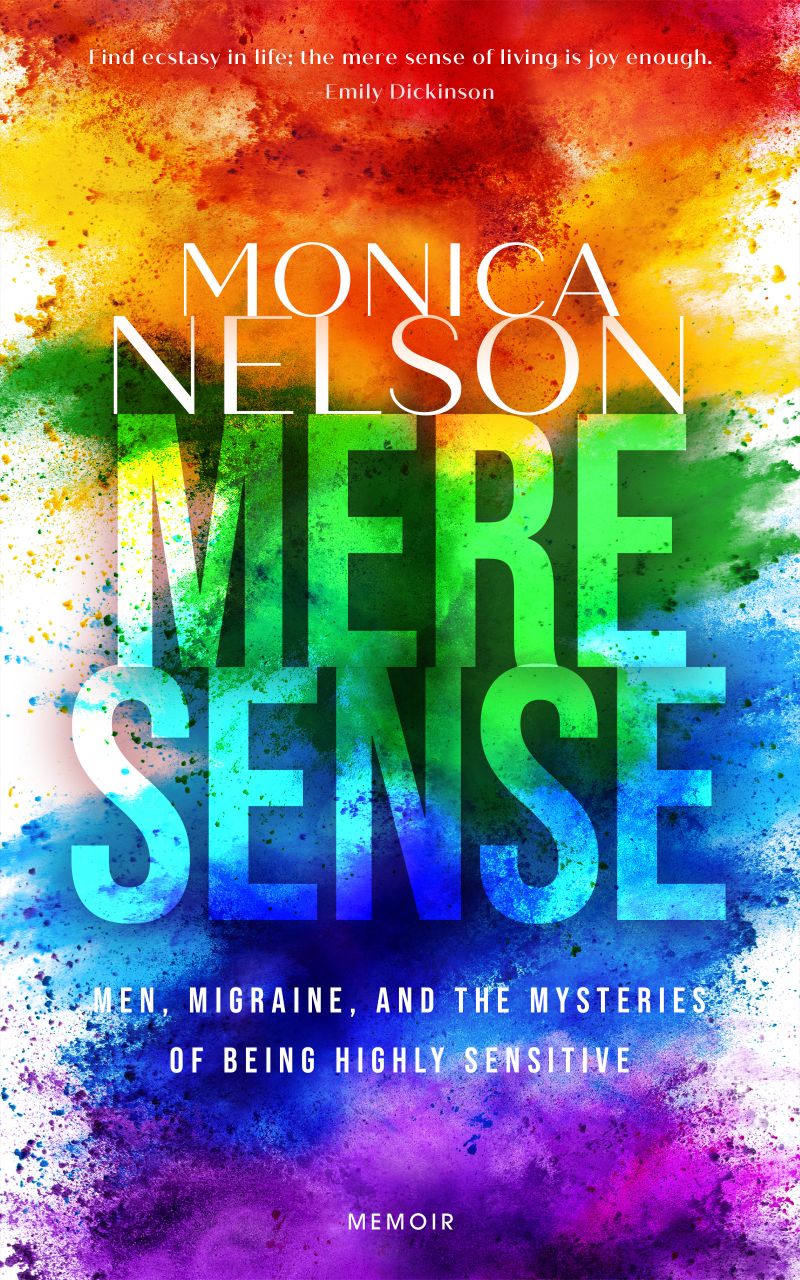There is no getting around it. We, as HSPs, have a very strong fight-or-flight response to stress. As I mentioned in my last post, it is critical for highly sensitive people to not only understand this phenomenon, but to learn how to manage it. When you manage it well, it can be a crucial aid in making the most of your highly sensitive nature.
Stress relieving activities are necessary for anyone in our overactive, stimulated, modern world. Even non-HSPs require this in order to cope. But as highly sensitive people, we are especially prone to the ill effects of too much stress. We also have needs that require attention that others do not. Effectively addressing these needs is the key to getting on top of your stress. When you do, the fight-or-flight response can work in your favor, rather than against you.
Take Care of Your Physical Health
Your top priority is getting your physical health running at maximum efficiency.
- Eat right – Cut out junk and processed foods, eat the amount of food that is appropriate for you, and be mindful about your dietary habits when you are in social situations (it is very easy to overindulge when you are socializing);
- Exercise – Choose an exercise that you enjoy and will stick with, include other forms of exercise like tai chi or yoga in addition to cardio, and record your progress;
- Get enough sleep.
Take Care of Your Mental Health
When you are active physically, it can help improve your emotional health. There are activities you can do to strengthen and support that start.

- Meditate;
- Practice relaxation exercises;
- Indulge your spiritual side;
- Bathe mindfully (water has the power to soothe).
Take Care of Your Special HSP Needs
Too many times, due to our extreme empathy and compassion, we place ourselves in the role of taking care of everyone else first. But remember that you cannot adequately care for others in your life before you take care of your own needs.
We, as HSPs, have needs that go beyond that of the non-HSP. Because our nervous systems are prone to overstimulation, we must take steps to rest them properly when necessary while indulging our need for deep thinking.
- Set aside time for solitude and reflection;
- Indulge in activities that you enjoy (hobbies, etc.);
- Spend time in nature, connect to the outdoors;
- Feed your mind – read, engage in stimulating conversation with a close friend or spouse;
Our fight-or-flight response serves an important function in our lives. But in order for it to function properly, providing needed safety and not go haywire, you must calm it during the times it is not in use. These activities will ensure that outcome.
Copyright 2022, Monica Nelson



















